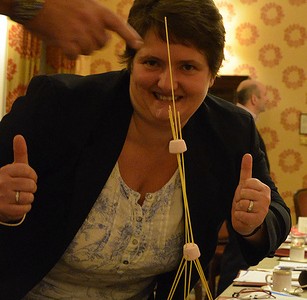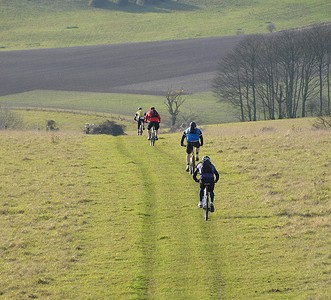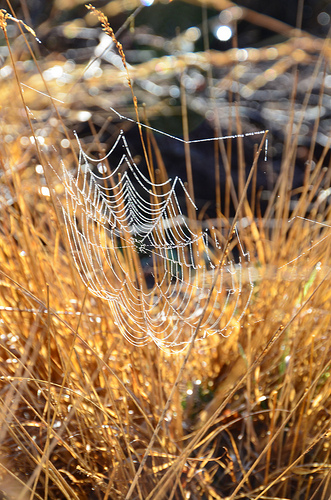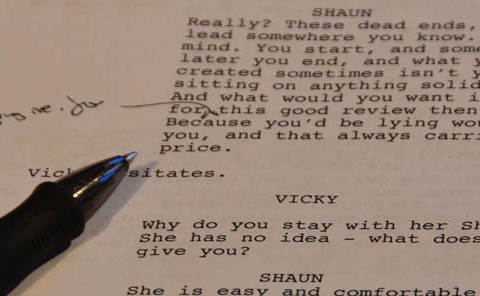I was out walking in the rain this morning when I took this simple image of rain drops.
As I walked on my mind turned to a phrase that is used so commonly – “connecting the dots”. And I started trying to connect them, and thinking what we really mean by this phrase.
So what are the dots? In my new child-like world and in the context of this post they are something very special, something that adds to my understanding, helps me improve in one of my main passions, raises my excitement level or adds to my interests. I think of them as gems.
In practical terms I see them as either ideas or people –
- Ideas – like how to improve a specific area of my company, or a subject to photograph, or a thought for a new travel venture.
- People – people who are experts, who share their passion – or make your stomach tense when you are with them, or surprise you with their loyalty, openness and friendship.
How can we make and sustain these connections? By changing our behavior so as to find them, value them and bring them into our lives in a sustained and repeating way, rather than encountering them once – and then moving on. Some examples :
- In Business – through processes. We take an idea – perhaps through a presentation or meeting we attended, a project that succeeded or failed or a customer that came across us for particular reasons – and we build a process that ensures we take advantage of that idea in a repeatable and sustainable way. We need to both implement the idea – bring it back to the business – but also make that experience repeatable and sustaining through incorporating it in a defined and appropriate way. Connect the idea to what we do in our companies – make it a part of how we work.
- In creativity – through reflection and thoughtful analysis. Yes we need to continually seek out and learn from experts to ensure that we see and can become inspired by the work these talented people create, but then we should reflect on what their expertise might mean in our own lives and actively explore areas where different ideas intersect with each other.
- In our personal lives – through attitude and bandwidth. This might be through exploring social networking, attending new types of performances and shows – or going on courses to build personal relationships with talented people and fellow students. By not allowing ourselves to become lazy and complacent.
Why should we do this? Doing so increases our excitement, improves the quality of what we do and makes us more open and full of ideas. It preserves those gems over time – by connecting them we learn to remember them and stay connected, rather than feel inspired just once and then lose them over time.
What does this mean for me? I think it means I need to
- Find as many gems as possible. I intend to do this by making sure I am always looking, pushing myself into new areas and unfamiliar territory – always staying open.
- Look always for new connections, new ways to keep these ideas and people connected so that I can benefit from their impact and expertise in a sustained way, and hopefully add my own thoughts so as to raise the bar in everything I do.





























